Hawzah News Agency – Ramadan is arguably the most interesting and most contested time of the year in Bosnia. It is one of few axial points in time for the people, even non-Muslims. Events and activities are talked about as being before and after Ramadan; vacations are planned according to it, working hours are adjusted to it, and at least two days off are given for Eid. Experience-wise, the one month period of time that is Ramadan is actually many months in one: when it begins, what to do once it begins, when it ends; as is the case elsewhere in the Muslim world, at this time differences between various Muslim groups assume their distinctive Ramadani shapes and forms, and tensions resulting from them may even intensify. There are, however, some things that would make anyone accidentally finding themselves in Bosnia during Ramadan recognize what time of year it is, or at least give them a hunch that something different is underway.
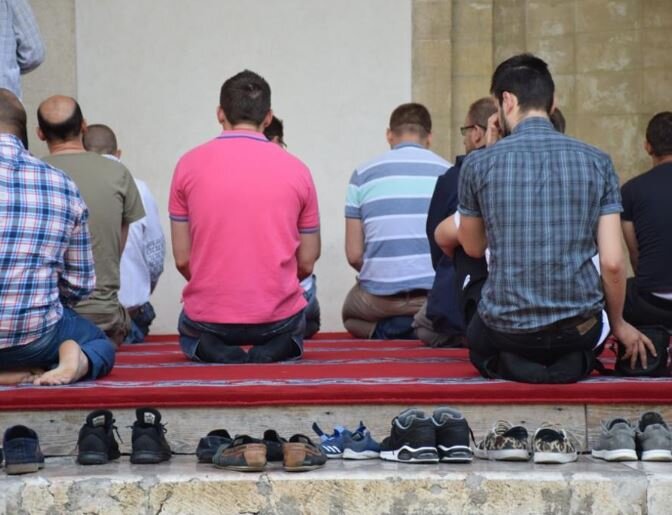
Everything slows down. The fast, of course, begins with suhur, and the sight of Sarajevo at suhur is heart-softening; lights in houses and apartments appear suddenly and strikingly, contrasting the surrounding darkness like stars do with the darkness of the cosmos when they appear. Other than light bulbs, ovens, and microwaves, one electric device that gets disturbed from its night’s rest is the phone. People call to check up on each other, and if a stranger would pass through a tightly-knit neighborhood at this time, with its lights on and phones ringing, he’d might think that the sun is on the wrong side of the planet. In the old times, the task of waking people up was up to a Telal, a man who would go through the streets and repeatedly announce in a loud voice that it’s time to rise and eat (his other duties included making important announcements on the town square in a similar, i.e. loud, fashion).
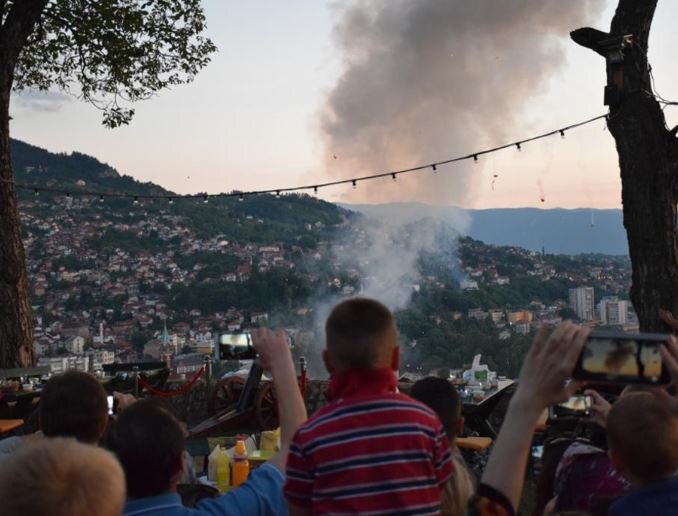
Those who do get up for suhur will probably not miss eating a piece of pastry called somun, one famous folkloric feature of Ramadans here. Roundly shaped, spiced, and decorated with some blackseed, and smelling wonderful when freshly baked, it’s something that the fasting and the non-fasting people look forward to in Ramadan. Customs and habits surrounding it are among the signposts of the month; for example, since everyone wants their somun fresh and warm, most wait until the last hour (or less) before iftar to buy it (although it is eaten for suhur as well, iftar is its prime time). That can create an interesting image on the streets of Sarajevo; long droves of people in front of bakeries with baskets, slabs or sheets for their pastry chatting, arguing, watching the time, looking and acting nervous, and sometimes even slowing the traffic a bit. It can be an additional test of patience during the month of self-restraint;
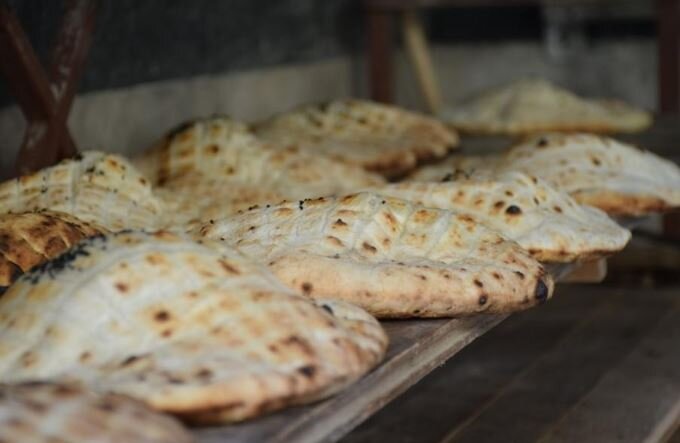

Another culinary feature of Ramadan is an appetizer called topa. Made of cheese (sometimes with several different types of cheese), butter and possibly eggs and some additional dairy products, like somun, it is considered an almost obligatory part of iftar; while it can be eaten with a spoon, the traditional way of consuming involves skillful manual use of a piece of somun, which is dipped into topa and used to pick up some amount of it, which is then brought to the mouth, preferably without anything falling somewhere outside of the target location (and with your hands clean, fingertips not included). This particular meal is considered by some to be one of the main culprits for the weight gain that many people experience during Ramadan; it’s considered an appetizer, but it’s so powerful that it makes any subsequent main meal superfluous; the problem, of course, is that the main meal is never missed.
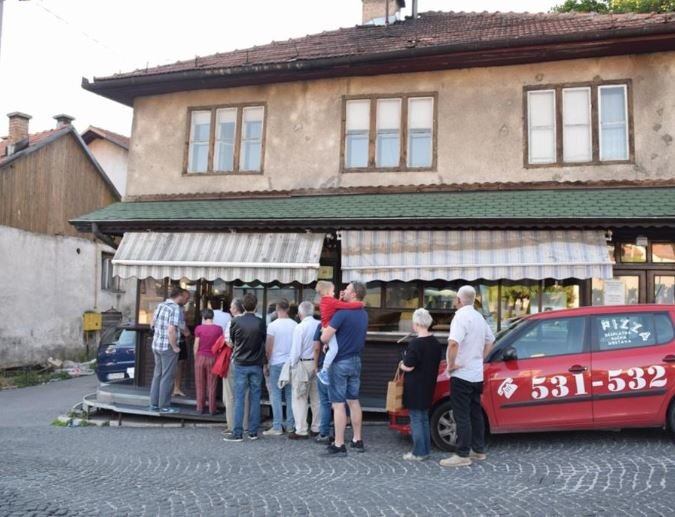
The post-war Bosnia has witnessed a clash of (at least) three ways of understanding and practicing Islam: the folklore “traditionalism,” modernism, and Salafiyya, a pattern that has appeared in almost every Muslim community around the world at some point in their more recent history.
Preparing for Ramadan starts a while before the month begins, as Muslims go about cleaning the mosques which volunteers and young people fill and decorate.
When the start of Ramadan is confirmed by the state, different forms of celebrations start in Bosnia, and you can see lanterns and lights everywhere.
Ramadan is considered a chance in Bosnia to spread the sense of takaful (sponsorship) and paying the debts of the indebted as well as collecting donations for the needy.
In Bosnia, Ma’edet Al Rahman (Mercy Table) brings together people of all religions, and families, relatives, and neighbors are all invited.
The historic yellow citadel is one of the most beautiful places chosen by the people of Bosnia for iftar (breaking the fast) given the beautiful view. From there, the Azan (call to prayer) and cannon (to signal the beginning of eating) can be heard throughout the entire city, announcing that it is time for iftar.

Firing the cannon is a tradition that developed in the 20th century and stopped during the period that followed WWII as firing cannons was banned. The tradition then came back to life in 1997, two years after the Bosnia and Herzegovina war.
In Ramadan in Bosnia and Herzegovina, the markets get crowded as the period between noon and afternoon witnesses great demand by fasting individuals who purchase their vegetable, meat, and legume needs to prepare iftar before Azan Al-Maghrib (sunset call to prayer). Politicians and public figures in Ramadan in Bosnia pray Taraweeh (special Ramadan prayers) around the country without tight security.
After iftar and Taraweeh prayers, coffee shops open their doors before the people of the city and tourists from various countries.
One of the main things that distinguish Bosnians is their strong connection to coffee. To them it is more than a drink that they have known since the time of the Ottomans. Coffee is a national drink and all families have manual copper devices to crush and brew coffee.

One of the main daily habits of Bosnians in Ramadan includes reading the Qur’an during the period from noon to afternoon. This allows Bosnians who do not know Arabic to listen to Qur’an in Arabic. In the capital, Sarajevo, a Ramadan Festival is organized to offer many cultural, social, and religious activities such as a group of iftar, shows, and classes in mosques. The festival starts on the first day of Ramadan at the yellow citadel. The activities continue in various historic buildings in the city.
The people of Bosnia get excited about the Eid (feast) following Ramadan and congratulate one another. Their main traditions before the Eid are decorating homes, spraying nice-smelling air fresheners, and wearing new clothes. Usually, the first day of the Eid is devoted to family and cemetery visits. Bosnians also have the habit of giving young children money during the Eid.


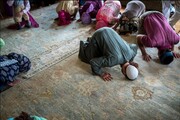
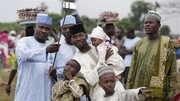
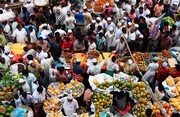
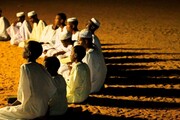

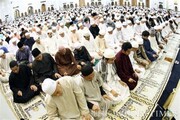
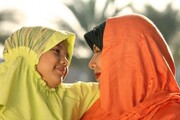
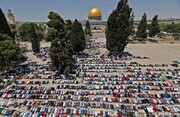
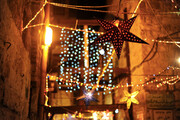
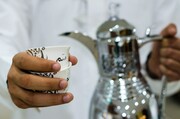
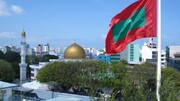

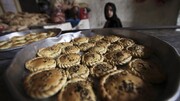
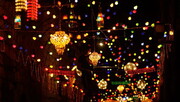

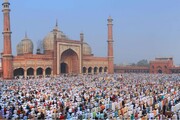
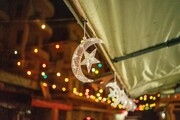
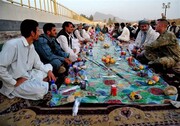
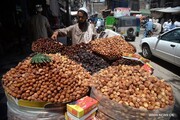
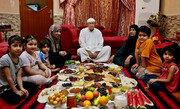
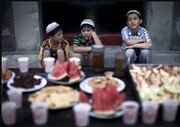
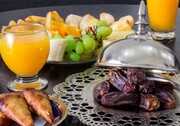
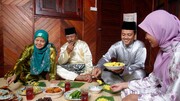
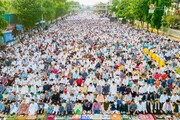
Your Comment